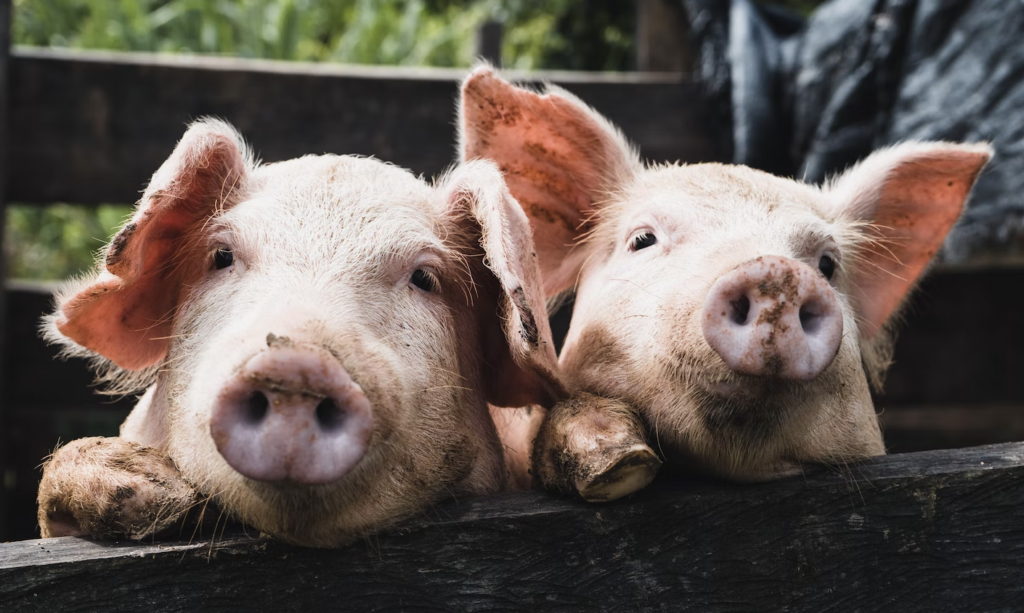California Is Trying To Prevent Everyone In The United States From Eating Bacon?
In 2018 California imposed strict animal welfare standards, but now a supreme court case involving pork (and pork products like bacon) suggests that California is violating the constitution by trying to control how farmers cultivate their pork products in other states.
This article is more than 2 years old
Today the Supreme Court will hear oral arguments in a bacon court case. Yes, you read that right. There is a national battle over pork, and no matter how the Court decides, the news will likely significantly impact the industry (and possibly your wallet).
The case is the National Pork Producers Council v. Ross, which started in 2018 after California’s Proposition 12 went into effect. In essence, Prop 12 imposed strict animal welfare standards upon some farms, including pork farms. Additionally, Prop 12 forbids the sale of meat unless it complies with the state’s stringent regulations.
Among those restrictions is the requirement that meat from a breeding sow raised and confined “in a cruel manner” cannot get sold in California. Prop 12 requires a gestation crate size of 24 square feet. Existing gestation crates average 14 square feet.
Representatives of pork producers quickly filed a lawsuit, prompting the initial bacon court case. According to that suit, it would be “impractical” to track the movement of pork cuts heading to California. So, ultimately every pork farmer would need to adjust operations so they would be in compliance.

And that, they argued, will impose astronomical costs on farmers who will “need to spend “$293,894,455 to $347,733,205 of additional capital in order to reconstruct their sow housing and overcome the productivity loss that Proposition 12 imposes.” That investment would get passed down to consumers nationwide. According to a Vox report, the lawsuit estimates a cost increase of 9.2%, which is terrible news for families struggling with rising inflation.
The bacon court case made its way through the system over the years. And now it is in the hands of the Supreme Court. How is that possible, though, since the Supreme Court only hears cases directly related to the Constitution?
One of the key arguments from The National Pork Producers Council brief is that when California passed Proposition 12, it violated what is called the Dormant Commerce Clause. The Commerce Clause itself is a Constitutional provision that states, “Congress shall have power … To regulate commerce with foreign nations, and among the several states, and with the Indian tribes.” The Dormant Commerce Clause is a legal argument with some historical precedence.
It says that although the Constitution does not explicitly refer to state laws around commerce, logically, states cannot interfere with Congress’s ability to regulate interstate commerce. And The National Pork Producers Council claims the Dormant Commerce Clause applies in this instance because most of Proposition 12’s impact falls outside the state.
According to data from the pork industry, California only accounts for one-tenth of 1% of breeding pigs on a national level. So, the state imports most of its pork. And that means the stringent restrictions on pork farmers have little to no impact at the state level.
So far, every Court that has heard the bacon court case ruled in favor of California. Keep an ear out for Supreme Court opinions in the next few months. You may hear some interesting news about everyone’s favorite breakfast food.





